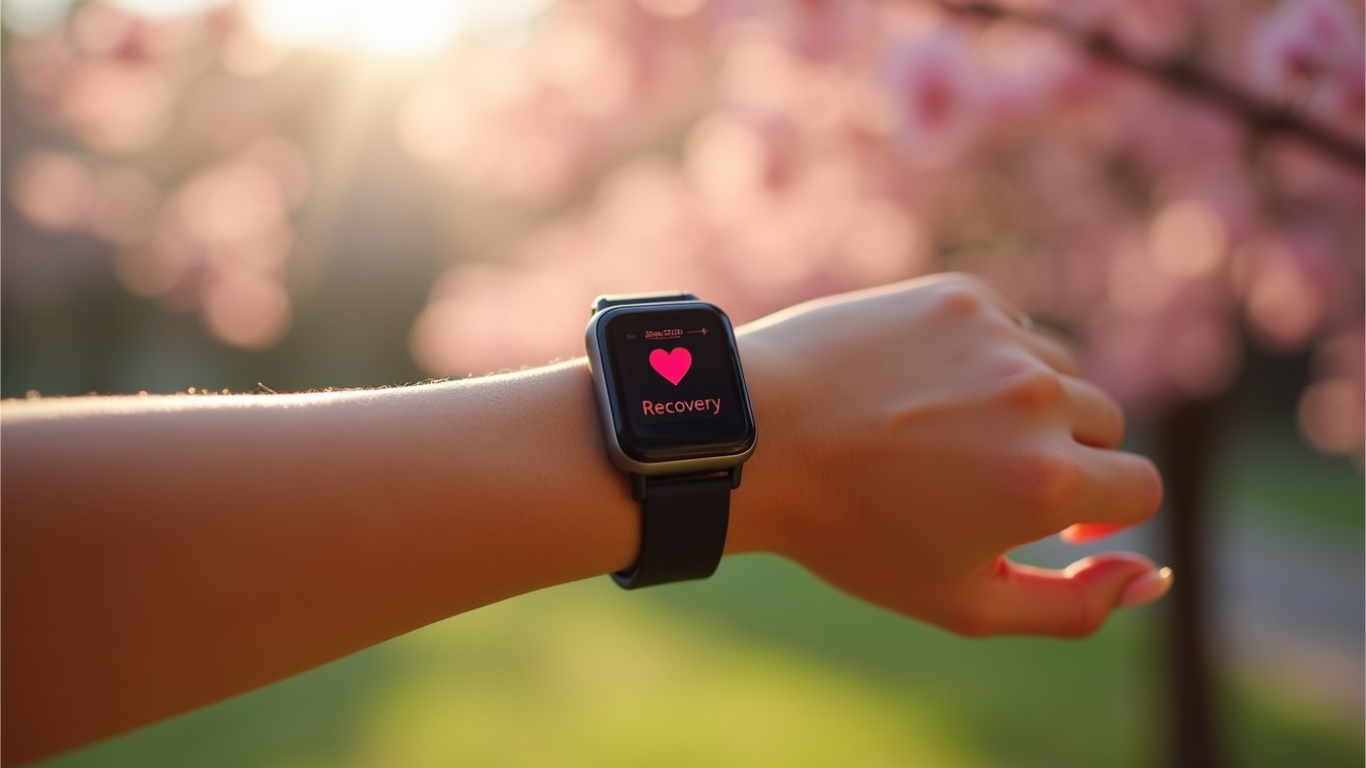Practical Tips for Reducing Environmental Toxins in Your Life
Imagine every breath you take, every meal you enjoy, and every sip of water you drink supporting your wellness journey. Environmental toxins are an often overlooked aspect of daily life. They are present yet manageable through the air we breathe, the food we eat, and even through our skin. While some exposure is minimal, for others with greater contact, these toxins can impact overall wellness in meaningful ways.
What are environmental toxins, and how do they relate to our wellness?
To start, toxins from the environment can be both man-made and natural. They can introduce chemicals into our bodies, including heavy metals like lead, mercury, and various industrial substances. We encounter toxins in the air, our food and water, and even our homes. While most of the toxins that surround us are challenging to avoid completely, there are some that we unknowingly bring into our lives every day. The impact on our wellness varies based on duration and amount of exposure. While some may experience minor discomfort like headaches or skin sensitivity, toxins can also contribute to more significant wellness challenges. These effects may manifest as respiratory, cognitive, hormonal, or immune system concerns that deserve attention. By understanding toxins and their effects, we can take informed steps to reduce their presence and support our wellbeing.
Understanding the impact of environmental toxins
Environmental toxins often go unnoticed in our daily lives because they are invisible. According to the National Library of Medicine , these toxins can lead to recurring inflammation within our body, with the brain being particularly sensitive. They accumulate in our bodies over time, leading to wellness challenges that can be both immediate and long-term. Consequently, the impact can be far-reaching, involving multiple systems within the body. Below are some of the major concerns associated with exposure to environmental toxins:
- Cellular Health: Exposure to toxins like asbestos, benzene, and heavy metals can affect cellular function and regeneration.
- Hormonal Balance: BPA, phthalates, and similar toxins can disrupt hormone production, affecting reproductive wellness and developmental processes.
- Respiratory Wellness: Pollutants can trigger or worsen breathing challenges and respiratory sensitivity.
- Neurological Function: Lead, mercury, and pesticides can affect the nervous system, impacting cognitive function and development, with connections to conditions like Parkinson's and Alzheimer's.
- Cardiovascular Wellness: Air pollution and certain chemicals may contribute to heart-related challenges through inflammation and oxidative stress.
- Reproductive and Developmental Wellness: Environmental toxins can affect fertility and developmental processes, especially important during pregnancy.
- Immune System Support: Some toxins can challenge the immune system, making the body work harder to maintain balance.
- Liver and Kidney Function: Alcohol, pesticides, and certain substances can affect these vital organs' ability to detoxify naturally.
- Energy Levels: Toxins like lead can affect red blood cell production, impacting energy and vitality.
- Skin Health: Toxins in cosmetics and cleaning products can cause skin sensitivity and irritation.
Simple steps to reduce environmental toxins
The empowering news is there are simple changes you can make today to reduce your exposure to toxins. Reducing exposure to environmental toxins is a meaningful step for the wellness of you and your loved ones. While you can't avoid every toxin, you can make a significant impact through mindful choices. With this in mind, start small—focus on swapping out concerning products for safer alternatives rather than overhauling everything at once. For example, you can choose organic foods and switch to non-toxic cleaning and personal care items. Gradually, these changes will add up, creating a healthier environment without overwhelming yourself (or your family!). Each small step lightens your toxic load, leading to a cleaner, more vibrant lifestyle. Let's explore some easy and practical tips to start right now to reduce the environmental toxins in your daily life.
In your water and food
Supporting your wellness through cleaner food and water doesn't have to be complicated or stressful. To start, focus on what you consume daily—your nourishment sources. Below are some practical tips to help you reduce toxins in these areas:
- Wash Produce: Rinse fruits and vegetables thoroughly—use a vinegar soak to help remove pesticide residues and contaminants.
- Choose Organic : Select organic whenever possible to minimize exposure to synthetic pesticides and fertilizers.
- Filter Water: Invest in a quality water filter to remove pollutants like chlorine and lead. Test your drinking water regularly.
- Be Selective with Seafood: Seafood can be a source of toxins, but mindful choices help. Choose wild-caught, low-mercury fish like salmon or sardines. Smaller fish typically contain fewer accumulated toxins.
- Use BPA-Free Containers: Store food in BPA-free or stainless steel containers to prevent chemicals from affecting your food.
Incorporating these practices into your routine can significantly reduce exposure to environmental toxins, ensure safer consumption, and contribute to better overall wellness.
In your home
Once you're comfortable with the steps you've taken to improve your food and water, consider the next step: reducing environmental toxins in your home. Creating a toxin-conscious home doesn't have to be complicated—small changes can have meaningful impact. Don't feel the need to tackle them all at once; addressing a few areas inside your home can make a difference. Here's how:
- Test for Toxins: Check your home's air for radon and lead to maintain a safe environment.
- Choose Green Cleaners: Replace harsh chemicals with eco-friendly cleaning products.
- Select Natural Products: Opt for organic skincare and personal care items to reduce exposure.
- Remove Shoes at Entry: Leave shoes at the door to keep outdoor toxins outside.
- Dust and Vacuum Regularly: Consistent cleaning keeps dust, allergens, and environmental toxins managed.
In the air
Once you've addressed your food, water, and home, it's time to consider the air you breathe. Reducing airborne toxins supports cleaner, healthier indoor air. Simple changes can make a meaningful difference, from the scents you use to the air quality you maintain. Here are some helpful tips:
- Choose Natural Fragrances: Opt for essential oils and natural scents to avoid inhaling synthetic chemicals.
- Maintain Smoke-Free Spaces: Keep your home smoke-free and avoid secondhand smoke exposure.
- Add Houseplants: Plants naturally help filter air and improve indoor air quality.
- Use Natural Pest Solutions: Choose eco-friendly options to manage pests without adding toxins to your air.
- Consider Air Purifiers: Use air purifiers with HEPA filters to help trap pollutants and maintain fresh indoor air.
Adopting even a few of these steps can help you breathe easier and maintain a cleaner home environment.
Let Knew Health Support Your Wellness Journey
Incorporating practical steps to reduce environmental toxins is an important part of a wellness-focused life. At Knew Health , we're here to support you every step of the way. Our Community is passionate about wellness, and our goal is to help you achieve your healthiest self through affordable, transparent healthcare alternatives. With a Knew Health Membership , you can take advantage of valuable resources such as:
- Access to routine general wellness care for annual physicals, women's wellness, and more - eligible for sharing with your Community.
- Testing for heavy metals using your annual Self-Care Credit to support your wellness goals.
- Working one-on-one with a Personal Health Coach to develop a personalized protocol that brings your body back into balance.
- A Wellzyperks Membership , with discounts on organic food, natural cleaning products, and other wellness products to support your toxin-conscious lifestyle.
As a Medical Cost Sharing Community (not health insurance), Knew Health offers Members an alternative approach to managing Medical Needs through monthly contributions and community support. With IUA options of $1,000, $2,500, or $5,000 (maximum 3 IUAs per year), Members have flexibility in managing their shareable Medical Needs while maintaining control over their healthcare choices.
Scientists are continually discovering more about the impact of toxins on our wellness. Stay ahead by partnering with forward-thinking communities like Knew Health, where your wellness is our shared priority. Together, we can create a healthier, toxin-conscious future that empowers you to thrive.
Disclaimer:
This information is being provided to you for educational and informational purposes only. It is being provided to educate you about how to take care of your body and as a self-help tool for your own use so that you can reach your own health goals. It is not intended to treat or cure any specific illness and is not to replace the guidance provided by your own medical practitioner. This information will be used at your own risk based on your judgment. If you suspect you have a medical problem, we urge you to take appropriate action by seeking medical attention. Knew Health is not health insurance - it is a Medical Cost Sharing Community where Members share in each other's eligible Medical Needs.
Sources:
"Environmental Toxins: Health Impacts and the Role of Public Health Professionals." Tulane University , 1 Feb. 2021, www.publichealth.tulane.edu/blog/environmental-toxins.
"EWG'S Guide to Endocrine Disruptors." EWG , 12 Aug. 2022, www.ewg.org/consumer-guides/ewgs-guide-endocrine-disruptors.
"Reducing Environmental Exposures: The Seven Best Kid-Friendly Practices." New York State: Department of Health , 1 Feb. 2021, www.health.ny.gov/publications/2818/.










